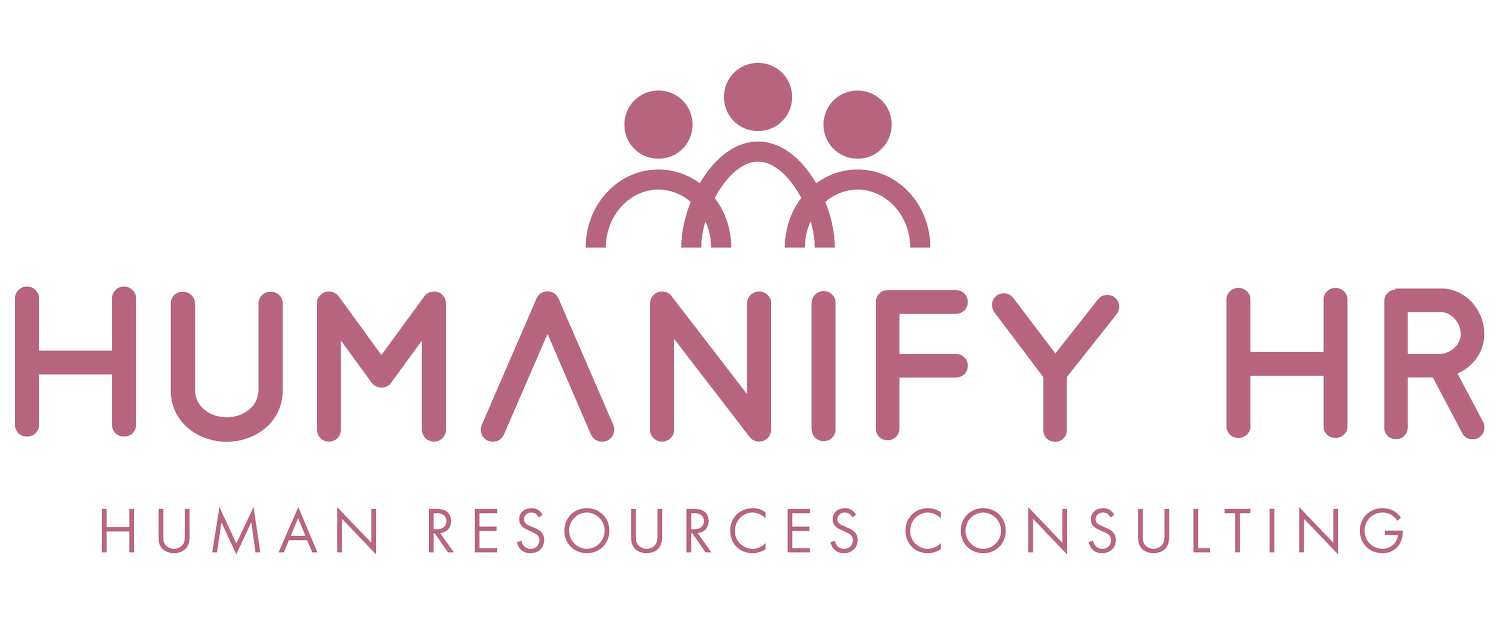Fair Work - the workplace relations system in Australia
What is the role of Fair Work in Australia?
Fair Work is the name of the workplace relations system, that governs the employment relationship in Australia. The Fair Work Act 2009 (Cth) is the legislation that sets out important employment laws in Australia.
The Fair Work Act 2009 (Cth) sets the minimum terms and conditions, known as the National Employment Standards (NES), for the majority of employees in Australia that are covered by the national workplace relations system. The Fair Work Ombudsman and Fair Work Commission play an integral role in the effective operation of the Fair Work system in Australia.
What is the Fair Work Ombudsman?
The Fair Work Ombudsman is an independent government organisation established by the Fair Work Act 2009 that plays an important role in the regulation of Australia’s national workplace relations system. The Fair Work Ombudsman undertakes a proactive education role, providing guidance to employers and employees. The Fair Work Ombudsman enforces compliance with the Fair Work legislation, for example issuing fines or penalties to employers for not paying wages to employees correctly.
What is the Fair Work Commission?
The Fair Work Commission similar yet quite different to the Fair Work Ombudsman, being an independent government organisation enabled by legislation under the Fair Work Act 2009. Playing a different role to the Fair Work Ombudsman, the Fair Work Commission is the national workplace tribunal and also serves a role in setting the national minimum wage and minimum wages in modern awards. The Fair Work Commission arbitrates on workplace disputes, for example those related to enterprise agreement making, unfair dismissal, general protections claims and more. The Fair Work Commission has recently had its functions and powers expanded, through the passing of Secure Jobs and Better Pay (2022) and Closing Loopholes (2023, 2024) amendments.
What is the Fair Work Act 2009?
The Fair Work Act 2009 (Cth) is a critical piece of legislation, that underpins the entire Fair Work system and sets minimum standards of employment. This legislation replaces the former Workplace Relations Act 1996 (Cth). The National Employment Standards (NES) that are a key feature of the Fair Work Act 2009 (Cth) set out the following minimum standards of employment that apply to employees in the national system:
Maximum weekly hours – 38 weekly hours of work, plus reasonable extra hours.
Flexible working arrangements – in some situations employees can ask to change how they work.
Changing from casual to permanent (‘casual conversion’) – in some situations employees can ask, and employers must offer, to change the employment status from casual to permanent part-time or full time. Employers must give all casual employees the Casual Employment Information Statement .
Parental leave and related entitlements – up to 12 months' unpaid leave and a right to ask for an additional 12 months' unpaid leave. Also covers other maternity, paternity and adoption-related leave.
Annual leave – 4 weeks' paid leave per year, plus an extra week for certain shift workers.
Other leave – personal/carer's leave , compassionate and bereavement leave and family and domestic violence leave :
10 days' paid personal/carer's leave (includes sick leave)
2 days' unpaid carer's leave as required
2 days' compassionate leave (unpaid for casuals) as required
10 days' paid family and domestic violence leave (in a 12-month period).
Community service leave
unpaid for voluntary emergency activities
up to 10 days of paid leave for jury duty (after 10 days is unpaid).
Long service leave – this varies for awards older than 2010 and newer modern awards.
Public holidays – a paid day off on each public holiday, except where the employer reasonably asks the employee to work.
Notice of termination and redundancy pay – based on the employee’s length of service:
up to 4 weeks' notice on termination (plus an extra week for employees aged over 45 and in the job for at least 2 years)
up to 16 weeks' severance pay on redundancy.
The Information Statements – employers must give the Fair Work Information Statement to all new employees, and must also give the Casual Employment Information Statement to all casual employees.
Source: Find out more detail on the NES on Fair Work Commission website
Who is covered by the Australian National Workplace Relations System?
A national system employer is an employer covered and required to comply with the national workplace relations laws, ie: the Fair Work Act 2009.
Whether an employer is a national system employer depends on a number of factors, such as the location of the employment relationship (state or territory) and, in some cases, the legal status and specific business of the employer.
The national workplace relations system covers:
all employees in Victoria (with limited exceptions in relation to State public sector employees), the Northern Territory and the Australian Capital Territory
all employees on Norfolk Island, the Territory of Christmas Island and the Territory of Cocos (Keeling) Islands
those employed by private enterprise in New South Wales, Queensland, South Australia and Tasmania
those employed by local government in Tasmania
those employed by a constitutional corporation in Western Australia (including Pty Ltd companies) – this may include some local governments and authorities
those employed by the Commonwealth or a Commonwealth authority
waterside employees, maritime employees or flight crew officers in interstate or overseas trade or commerce.
More information
At Humanify HR Consulting, we partner with some of the best organisations in Australia to help them excel in Human Resources and Workplace Relations. To be the first to know about updates and HR resources available to our community, you can subscribe to our mailing list here.
Disclaimer: The material contained in this article is provided as general information only. It is not, nor is intended to be legal advice. If you wish to take any action based on the content of this article, we recommend that you seek professional advice that considers your specific context, needs and requirements.

